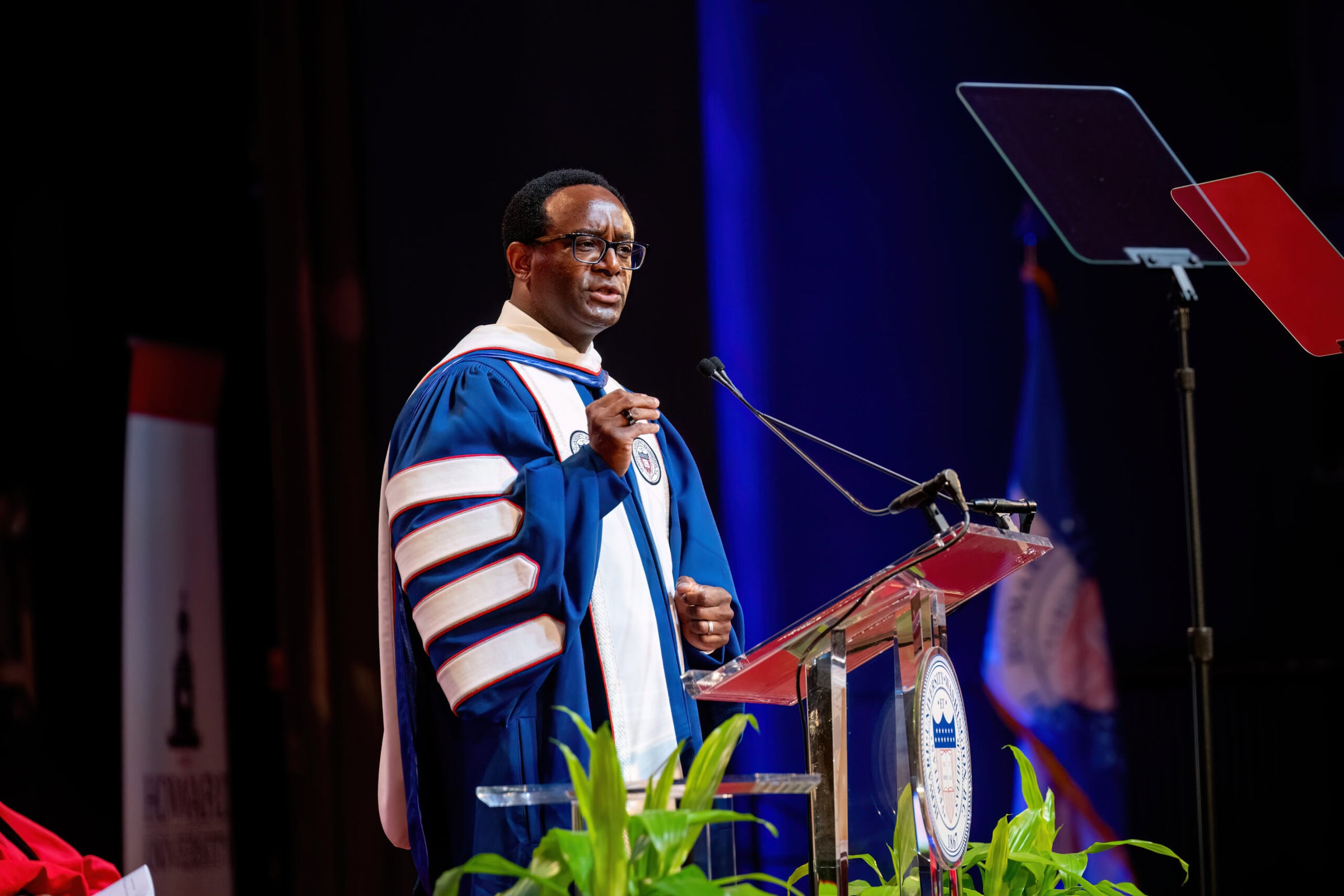The COVID-19 crisis has wreaked havoc on the careers of virtually all faculty and graduate students. Teaching, research, and even administration have become increasingly difficult to negotiate, and this semester promises to be every bit as difficult as the last. Adding to these problems are the awful issues of layoffs, furloughs, and budget cuts. Just as distressing are the closing or amalgamation of departments and divisions, the disappearance of “less popular” majors, and the reduction, or total abolition, of research money, teaching resources, library facilities, and support centers and institutes.
If we all feel the pain, it has been non-tenure-track (NTT) faculty who feel it first and most acutely. They are the most likely to lose their jobs or have their income reduced. It is the responsibility of all securely employed members of a department, but especially department chairs and faculty holding administrative positions, to do what they can to improve the situation.
As an immediate response, the AHA has initiated a Historians Relief Fund for AHA members who are under- or unemployed, inside or outside of academia, during the COVID-19 crunch. I hope that those of you who are in a position to do so will make a donation.
Department chairs and regularly employed historians should work with our NTT colleagues and professional organizations to rectify what is within our grasp. In today’s context, it will likely be difficult to persuade administrators to do more for contingent faculty. Budget cuts, an emphasis on STEM fields to the detriment of the humanities, and concern about enrollments have made many administrators unwilling to take action. These sorts of larger trends are ones that departments and individuals can do little to alter on their own.
The AHA remains deeply committed to improving the status of non-tenure-track faculty.
The AHA remains deeply committed to Improving the Status of Non-Tenure Track Faculty, the title of a statement approved by the AHA Council in January 2020. Let me urge all of you, particularly department chairs and administrators, to read and heed that statement to the best of your ability. Many of the suggestions, especially those concerning departmental governance, assignment of office space, delegation of teaching responsibilities, use of departmental facilities, presence on the departmental website, arrangements for full library access, and more, lie well within the discretionary power of most chairs and departments. The statement also urges chairs to “promote” NTT faculty interests to upper administrators on issues relating to pay, job security, and benefits (health insurance, in particular). Chairs may not win battles around pay or benefits, but they can advocate for their contingent colleagues by being vocal about the value they bring to the university and the imperative of paying a living wage.
Over the last decade, perhaps even longer, there have been repeated and justified outcries about the situation of contingent faculty in academia. Before the dimensions of the COVID crisis became fully apparent, the New York Review of Books published an article on contingent faculty, “Serfs of Academe,” in the March 12 issue. My first reaction was repugnance. There is no doubt that adjuncts are often treated abysmally. As one administrator said to NTT faculty, “You are not considered faculty, or even people. You are units of flexibility.” But the word “serf” bugged me. It seemed too flippant and sly to capture the real problems with which many contingent faculty contend. The discussion of what the academic labor market is like—how we deal with the status of NTT and adjunct faculty, their low pay and lack of benefits—ebbs and flows, while little is done to change it. I do not have a magic formula for reversing this trend; it is a complex problem of economics and expectations. And not all contingent faculty are cut from the same cloth. For some, contingency proves a temporary situation, but for too many others, it has become a permanent fact of life.
I am not unfamiliar with the issues confronting NTT faculty. Like many of my cohort, I worked as an NTT faculty member for five years in the 1980s and was seven years out of the PhD before I got a tenure-track (TT) job. That was a happy outcome, and I fully realize that it is not necessarily a typical one. The prospects for TT jobs at that time, while never rosy, were certainly brighter than now. The two NTT positions I held were relatively cushy; as a visiting assistant professor, I either replaced a faculty member on sabbatical or had a longer-term appointment. Although I taught four courses a semester, I had benefits, an office, and congenial colleagues. Nonetheless, everyone who has held contingent or temporary positions suffers from the emotional, intellectual, and financial strains that go with them.
We enrich our intellectual lives and our teaching by actively engaging with our NTT colleagues.
Much later, as a department chair for a decade, I was in the lucky position of having no contingent faculty on staff, with the exception of one long-term lecturer. Thus, I was spared from employing people who not only held a contingent position but were poorly compensated and often considered disposable by the administration. The decision to hire only TT faculty was supported by the entire department, although the administration wasn’t as happy about it. The department has, however, often employed visiting assistant professors, on one- or two-year contracts, who teach one course more per semester than TT faculty. These faculty members receive full benefits (medical and retirement) and access to departmental research funds, including an all-expenses-paid trip to one major conference a year.
Some problems our contingent colleagues encounter lie far beyond the capacity of single departments or individual administrators to deal with. In the January 2020 issue of Perspectives, executive director James Grossman and Becky Nicolaides, then a member of the AHA Council, outlined how “academic units can play a more positive role” in supporting the research of NTT faculty. Their recommendations are excellent; some will be considerably more difficult to implement then others, but nonetheless they remain worthy goals.
But what about us as individuals? My suggestions are small ones, but if inadequate to address the bigger problems, they lie within the control of most permanent faculty. Far too often, contingent faculty are treated as though they are invisible. Even if some benefit from certain advantages—an office, access to funds for teaching or research—permanent faculty often fail to acknowledge their existence. A little commonsense humanity goes a long way. Departments differ in their social relationships; some are very chummy, some are not. Generational variation also plays a role. Admittedly, right now, the amount of socializing that we can have with any faculty is severely limited. Still, those of us who run speakers’ series or an institute can be sure to invite our NTT colleagues to attend. We should also pay attention to those colleagues who may not actually be teaching at the moment or happen to be “in the area” for nonacademic reasons. Surely, we can invite them to whatever functions we hold. Offer to read their work, help them make contacts, peer-review their classes, volunteer to write letters, ask their opinions, and value their input.
This is not just “being nice”; we enrich our intellectual lives and our teaching by actively engaging with our NTT colleagues. Bringing contingent faculty into decision-making or administrative positions is one way to do this, yet at the same time we need to be careful that engagement does not slip over into exploitation. Be sympathetic and realistic, but avoid getting caught in repeated gloom-and-doom conversations. In short, treat NTT faculty like you would treat other colleagues, because they are colleagues.
This work is licensed under a Creative Commons Attribution-NonCommercial-NoDerivatives 4.0 International License. Attribution must provide author name, article title, Perspectives on History, date of publication, and a link to this page. This license applies only to the article, not to text or images used here by permission.


